Table of Contents
Introduction: The Secret to Making Kids Love Science

Science is all around us—when a child sees rain falling, watches a balloon float, or mixes colors while painting, they’re witnessing science in action. But here’s the problem: many young children, especially in Class 1 to 3, see science as “just another subject” rather than an exciting adventure. This is because traditional classroom methods often rely on memorizing facts rather than exploring the wonders of the world.
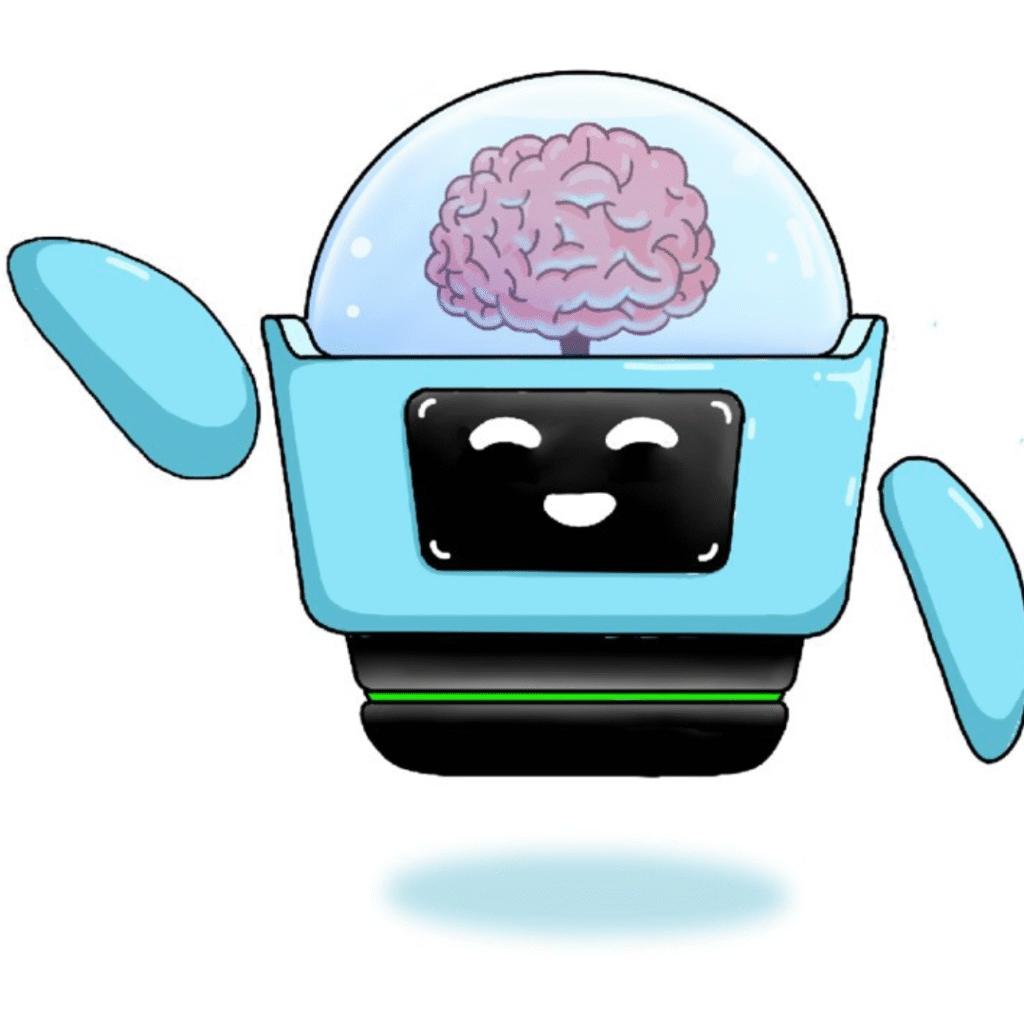
That’s where science games step in as a game-changer. They transform science from a set of boring textbook pages into a world of hands-on experiments, playful challenges, and real-life learning. And when these games are paired with the Focus Fun app, learning becomes not only fun but also safe, structured, and skill-oriented.
Imagine your child learning about gravity by dropping objects in a digital experiment, or understanding plant growth by virtually planting seeds. They’re having fun—but they’re also building knowledge that sticks for life.
Why Science Games Are a Game-Changer for Class 1–3 Kids?
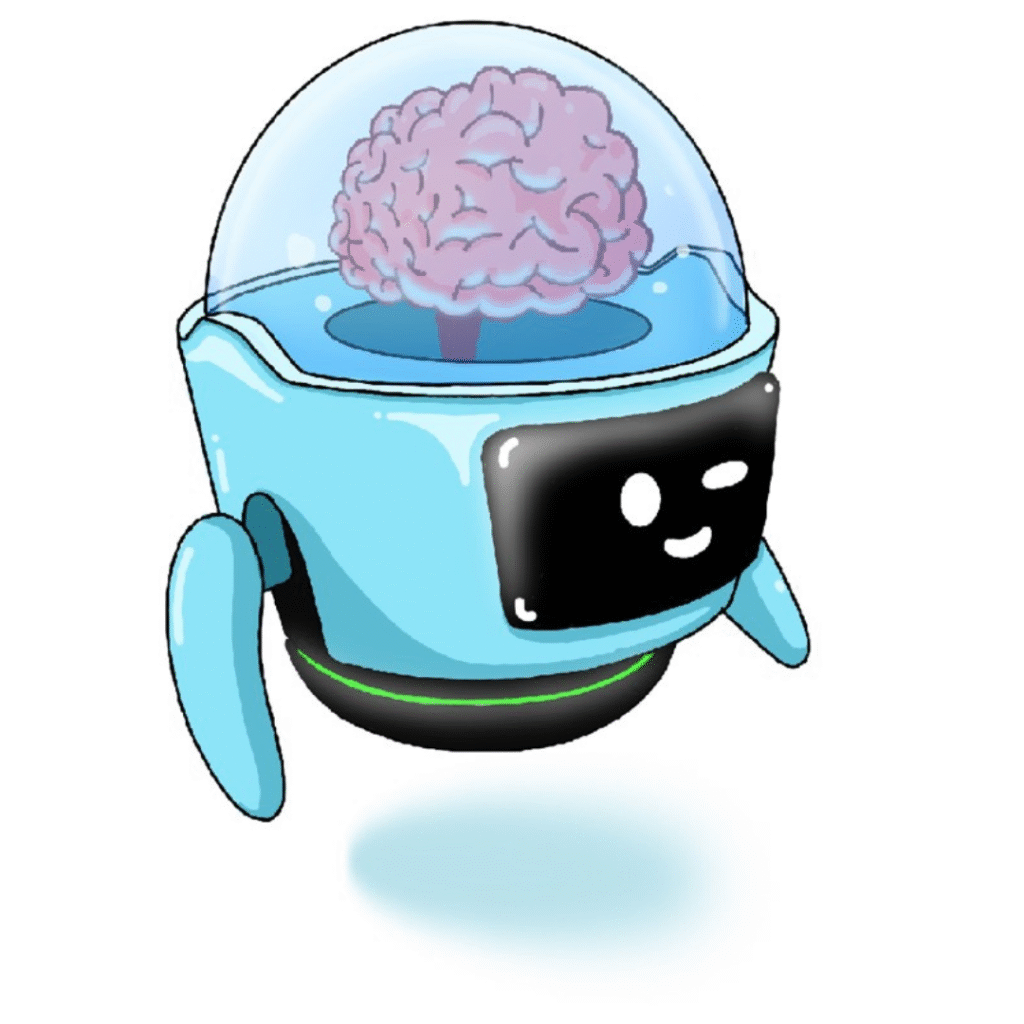
Children in Classes 1 to 3 are naturally curious. They love asking “why” and “how,” which makes this the perfect age to introduce them to science in a way that keeps their curiosity alive. Science games do exactly that—they blend play with discovery.
When kids play science games:
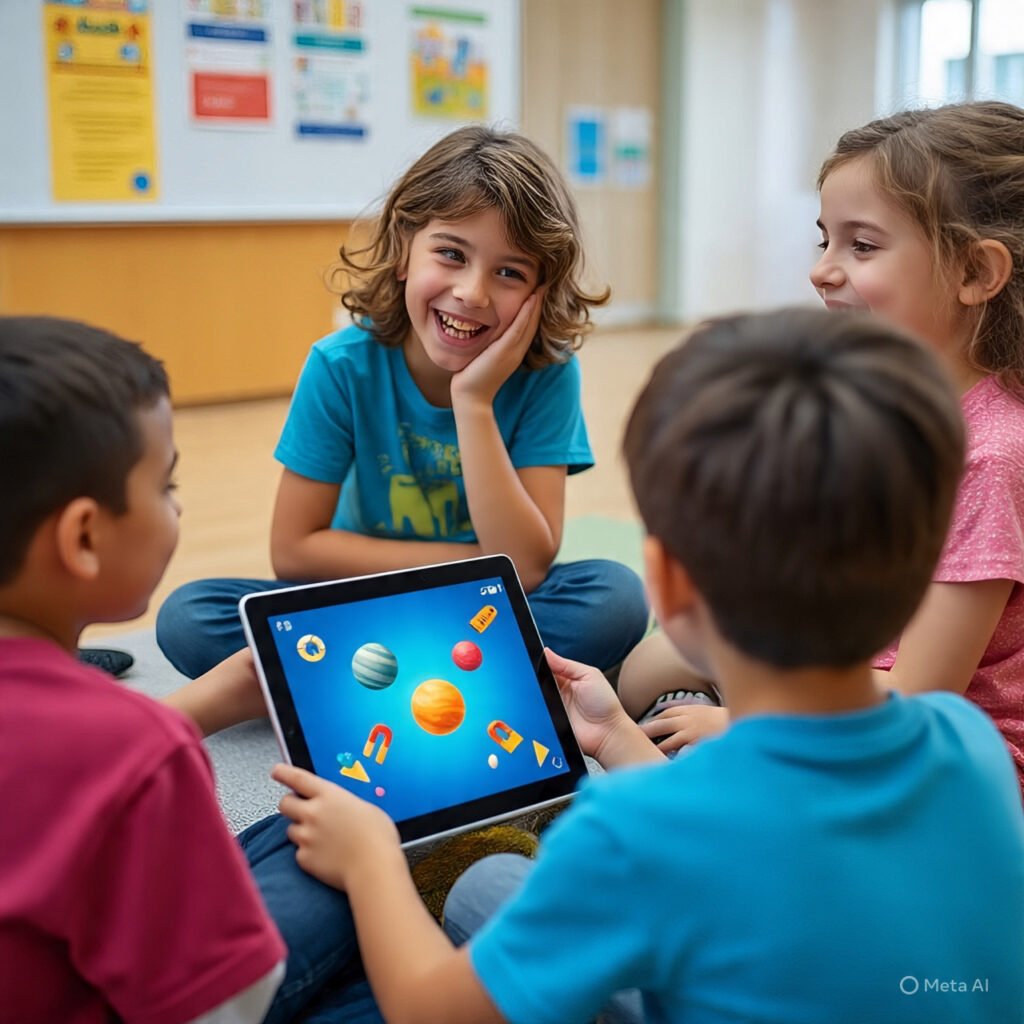
- They learn without realizing it. A child who plays a “mix the colors” game isn’t just having fun—they’re learning about light and pigments.
- They develop problem-solving skills. Many science games involve challenges that require thinking and experimenting.
- They remember concepts longer. Research shows that kids retain information better when they experience it through interactive play.
- They build confidence. Every level they clear, every quiz they answer correctly boosts their belief that they can understand science.
And unlike traditional rote learning, science games encourage application of concepts. Instead of memorizing “water freezes at 0°C,” they might play a game where they set temperatures to see when ice forms. This makes learning personal and exciting.
How Focus Fun Makes Science Learning Engaging
In the ocean of digital learning apps, Focus Fun stands out for its unique approach. It’s not just about screen time—it’s about smart screen time. Designed specifically for kids, Focus Fun creates a safe, distraction-free learning space where science games become more than just entertainment.
Here’s why Focus Fun is perfect for science learning:
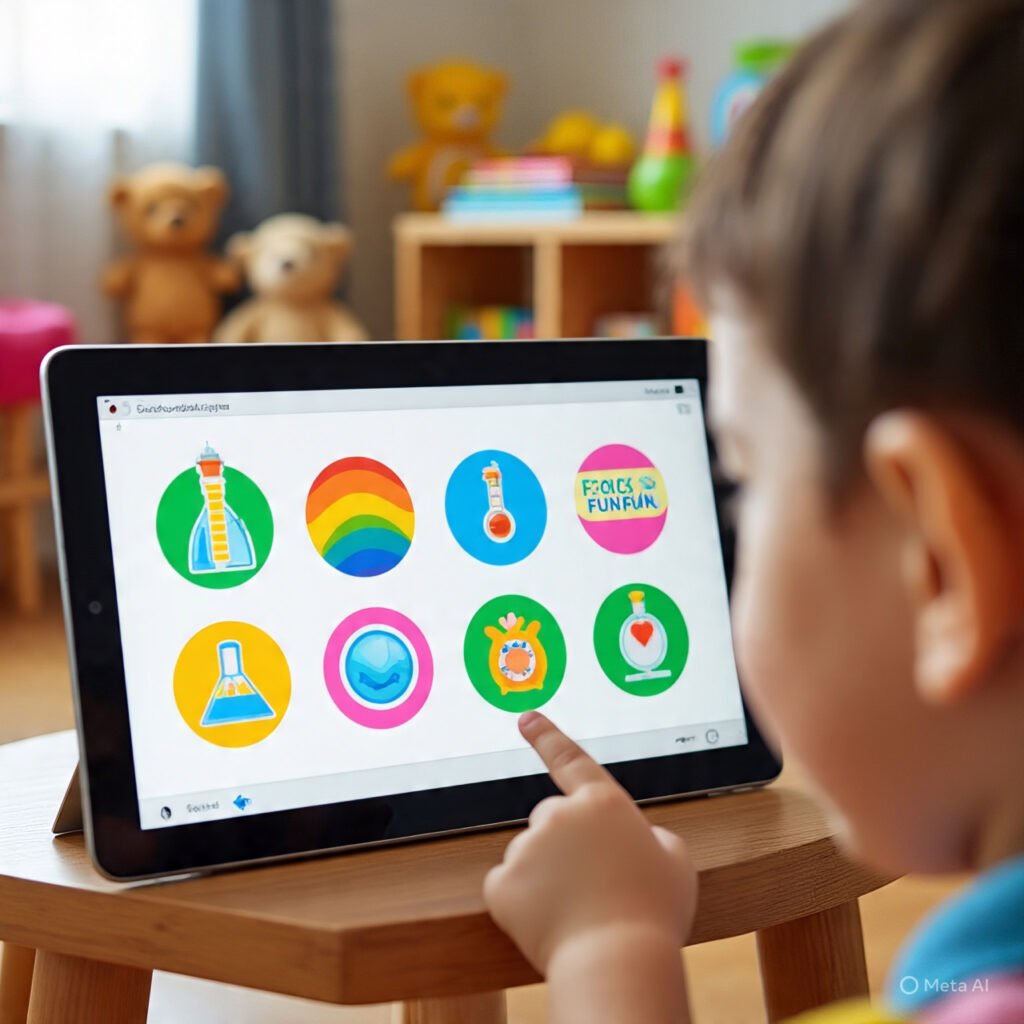
- Age-Appropriate Science Games: Whether it’s learning about the solar system, simple machines, or states of matter, games are tailored to Class 1–3 levels.
- Interactive Learning: Kids can drag, drop, match, and experiment with objects in the games, which makes concepts come alive.
- Safe and Ad-Free: No pop-ups, no unrelated videos—just pure learning.
- Parental Control Features: Parents can track progress, set limits, and choose game categories.
- Skill Development: Along with science knowledge, kids develop logical thinking, memory skills, and observation power.
For example, the “Magnet Hunt” game in Focus Fun lets kids virtually explore how magnets attract and repel, while “Weather Watch” helps them predict weather patterns based on clues. These games are fun on the surface but deeply educational underneath.

The Benefits of Learning Science Through Play
Switching from textbooks to science games isn’t just about keeping kids entertained—it’s about creating a stronger foundation for learning. Here’s how science games benefit children:
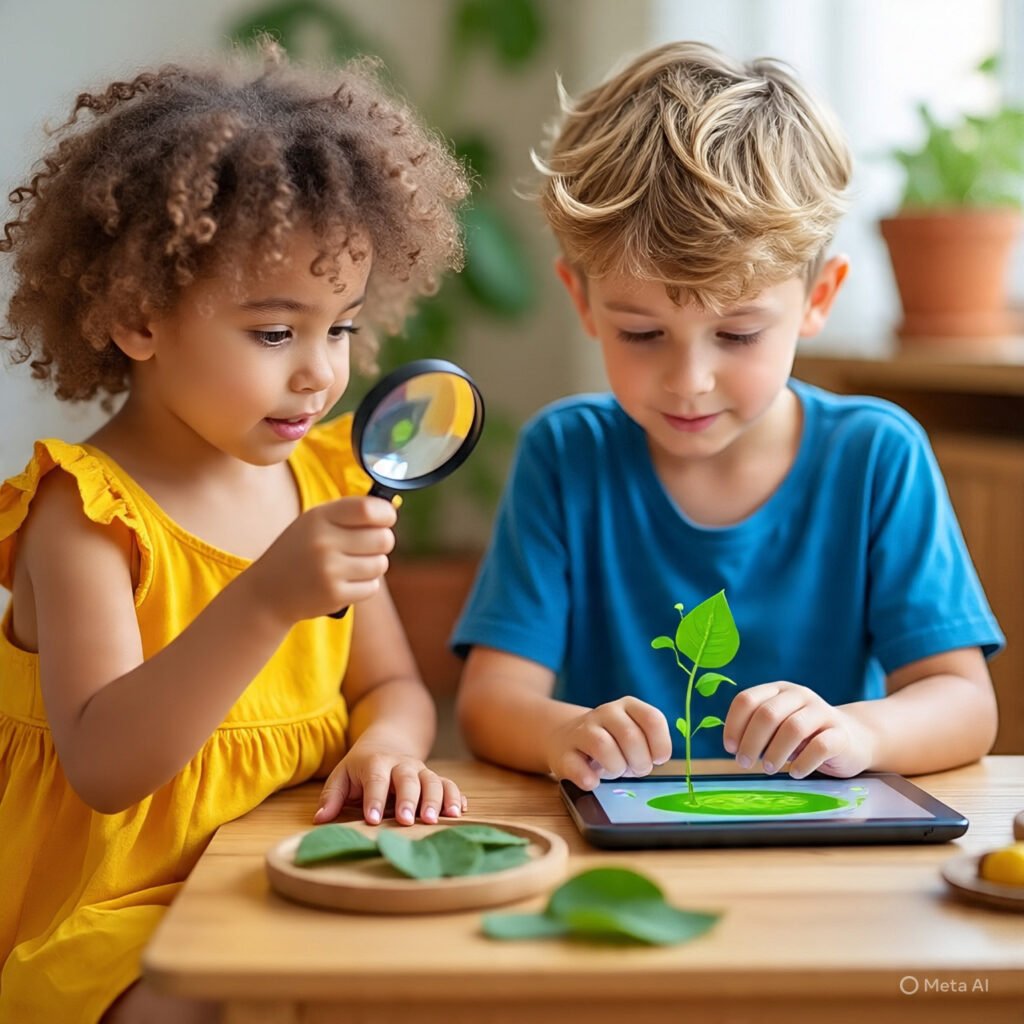
- Better Understanding of Concepts
Games offer a chance to visualize science. A virtual volcano eruption game explains chemical reactions better than any diagram could. - Encourages Curiosity and Experimentation
When kids play, they’re not afraid to make mistakes. Science games encourage them to try different approaches, test ideas, and learn from results. - Improved Memory Retention
Associating concepts with a fun activity strengthens memory. If they learn about the planets while building their own solar system in a game, they’ll remember it far longer. - Bridges the Gap Between Learning and Life
Games connect abstract science ideas with real-life examples, making learning relevant and relatable. - Boosts Emotional Connection with the Subject
Kids who enjoy science from an early age are more likely to pursue it with enthusiasm as they grow.
Focus Fun builds on these benefits by offering structured games that parents can trust. Kids feel like they’re playing, but in reality, they’re engaging with a well-designed curriculum hidden inside the fun.
Easy Ways to Start Using Science Games at Home
You don’t need a science lab at home to make your child fall in love with the subject. You just need the right tools and a little creativity. Here’s how you can start:
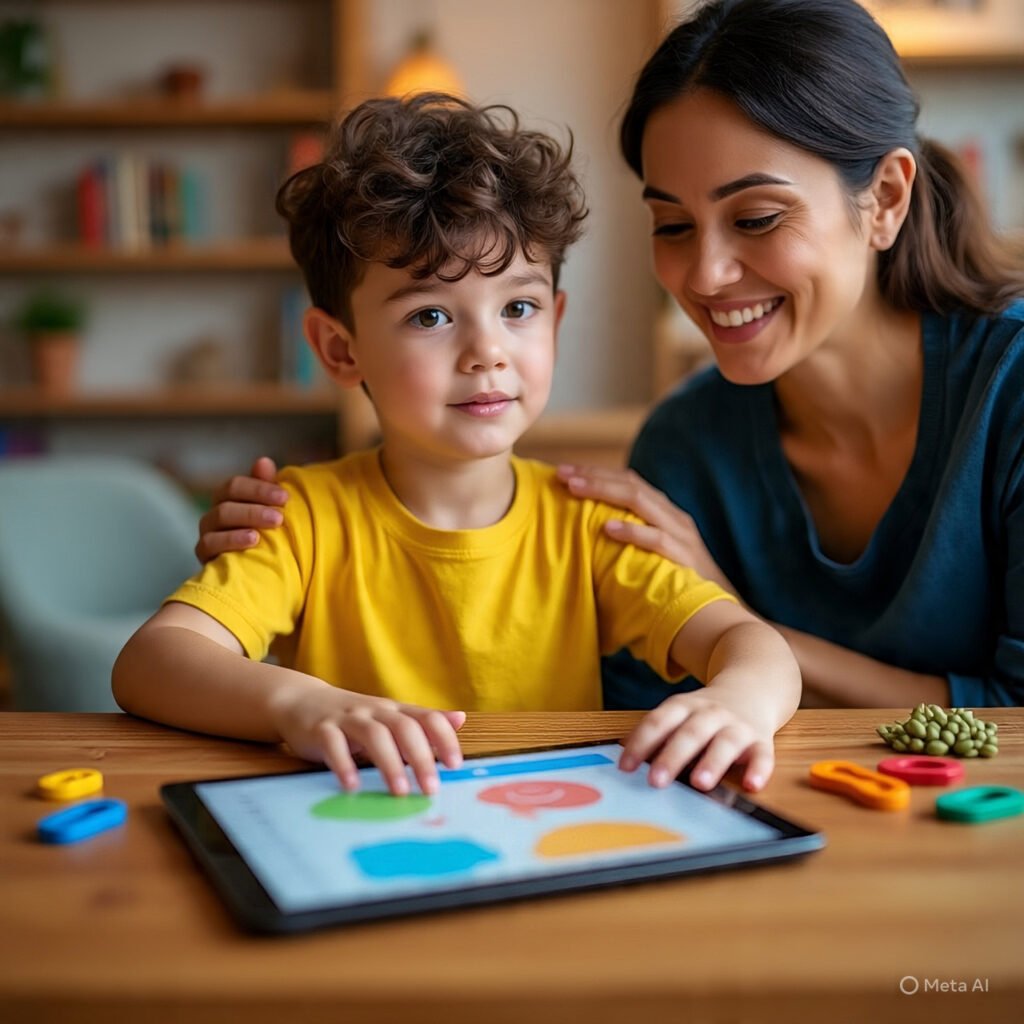
- Download Focus Fun and Explore Its Science Section
Give your child 15–20 minutes a day to play science games on Focus Fun. Start with simple topics like seasons, plants, or basic machines, and move to more challenging ones as they grow confident. - Turn Everyday Moments into Science Lessons
If you’re cooking together, talk about heat and boiling points. If it’s raining, discuss the water cycle. This reinforces what they’ve learned in games. - Mix Digital and Physical Play
After playing a magnetism game in Focus Fun, give them real magnets to explore at home. After learning about shadows, go outside and observe them at different times of the day. - Create Mini Challenges
Challenge your child to explain a science concept they learned in the game to you or a sibling. Teaching someone else strengthens their own understanding.

By blending Focus Fun’s structured games with daily real-life experiments, you can make science a part of your child’s world in the most natural way possible.
Conclusion: Turning Science into a Favorite Subject
Science has the power to inspire, to open young minds to possibilities, and to make children see the world with fresh eyes. But to achieve that, it needs to be presented in a way that’s exciting, engaging, and relatable.

Science games—especially those on the Focus Fun app—bridge that gap perfectly. They replace fear of the subject with fascination. They make learning active instead of passive. And most importantly, they ensure that kids don’t just study science—they experience it.
If you want your Class 1–3 child to fall in love with science while building skills for life, it’s time to make the shift. Download Focus Fun, explore its world of interactive science games, and watch your child’s curiosity take flight.
Because in the right environment, science isn’t just a subject—it’s an adventure waiting to be explored. And with Focus Fun, that adventure starts right now.
FAQ’s
1. How can I reduce mobile addiction in children?
Mobile addiction can be reduced by setting daily screen time limits, encouraging outdoor activities, and offering educational alternatives like books, puzzles, and interactive games. Parents should also lead by example and maintain tech-free family times.
2. What are the best learning games for primary school children?
The best learning games for primary school children are those that mix fun with education, such as math puzzles, science experiments, spelling challenges, and storytelling games. These games help in skill development while keeping children engaged.
3. How does mobile addiction affect school performance?

Mobile addiction can lead to poor concentration, reduced memory retention, and less interest in studies. Overuse of devices may also affect children’s sleep patterns, which impacts academic performance.
4. Why is parental control important for kids’ devices?
Parental control ensures children access only age-appropriate content, keeps them safe from online risks, and helps parents manage the amount of time kids spend on screens.
5.What are some effective classroom games for science learning?
Science learning becomes more fun with activities like “Guess the Experiment,” science trivia quizzes, or DIY experiments using safe household materials. Such games improve curiosity, teamwork, and conceptual understanding.
6. How can teachers improve vocabulary for children in Classes 1–3?
Teachers can use flashcards, word-matching games, reading circles, and creative writing exercises. Making vocabulary a fun challenge rather than rote memorization encourages active participation from students.
7. What is the safest way for parents to monitor their child’s online activity?
Parents should use trusted parental control apps that track screen time, filter harmful content, and send activity reports. Combining this with open communication ensures both safety and trust.
8. How can technology be used to improve a child’s learning habits?

Technology can boost learning when used mindfully. Interactive educational apps like Focus Fun combine fun games with academic lessons, making it easier for children to stay interested in learning while avoiding distractions.
9. Can a single app help with both learning and mobile addiction control?
Yes, apps like Focus Fun are designed to offer educational games while limiting excessive screen time. This way, children enjoy technology in a balanced, productive manner.
10. Are there apps that give parents control while making learning fun?
Absolutely! Focus Fun offers parental control features, fun learning games, and tools to manage screen time—helping parents ensure that technology supports their child’s growth instead of hindering it.
